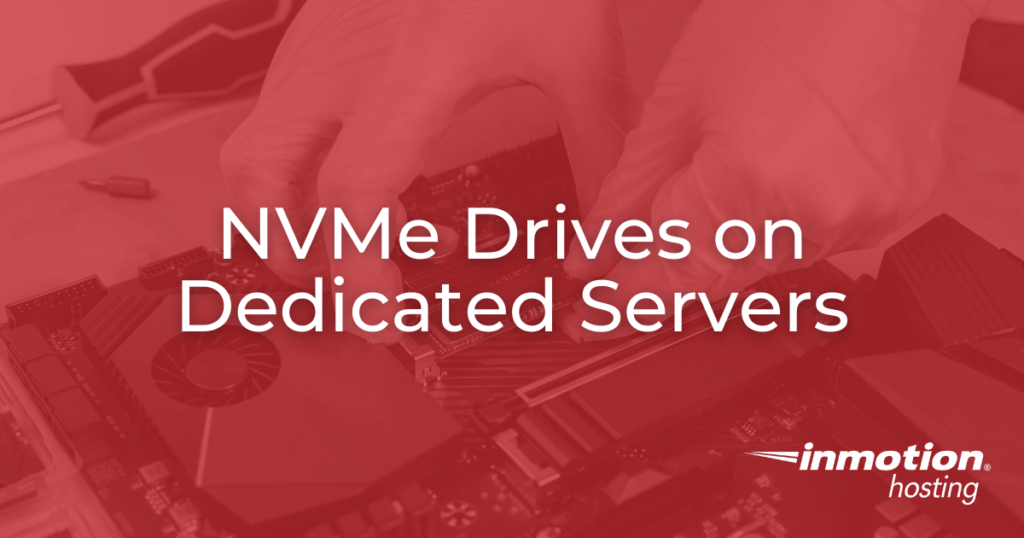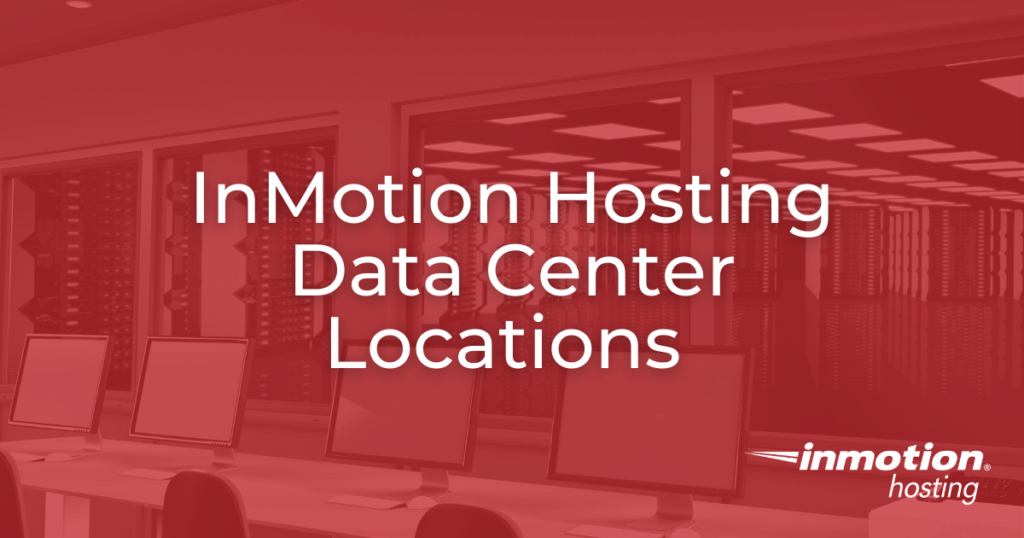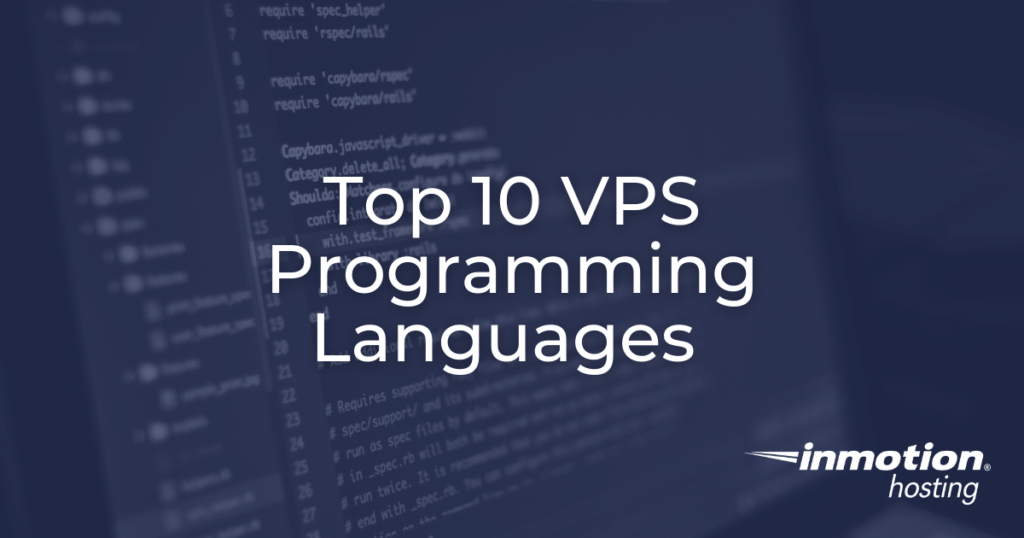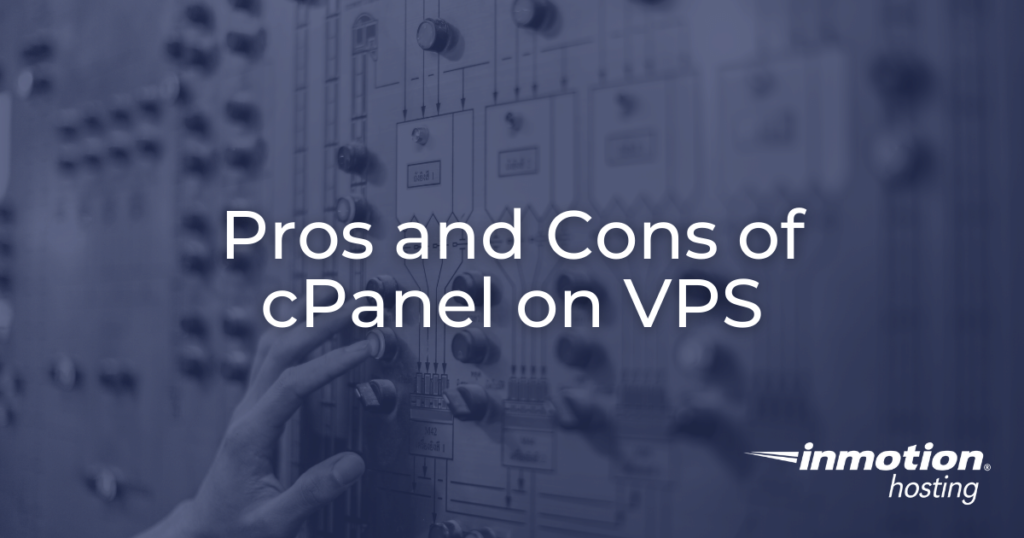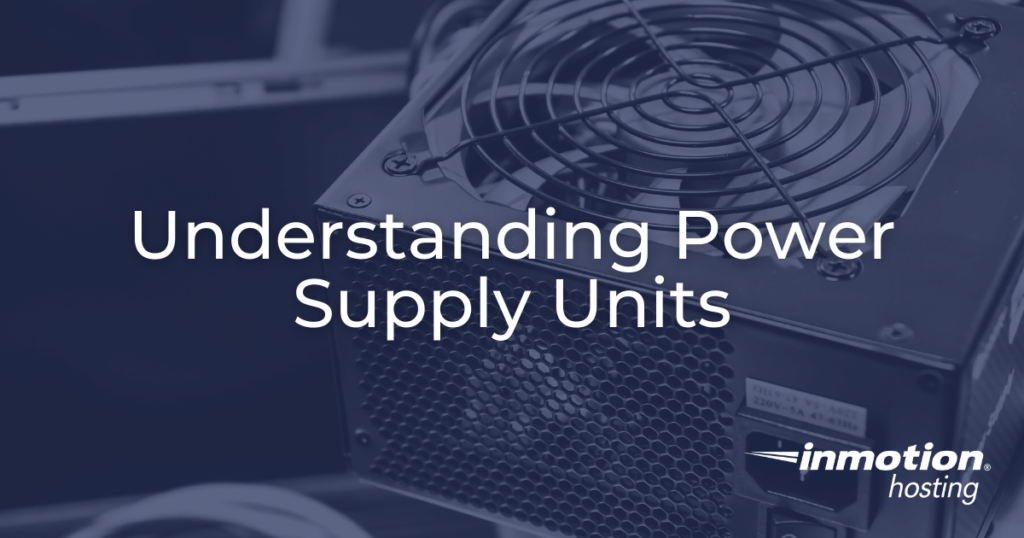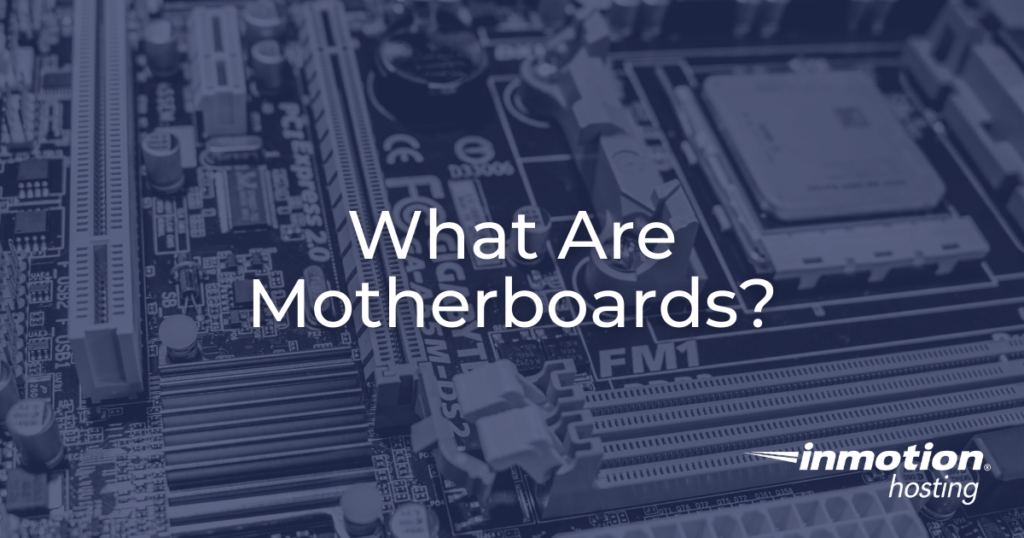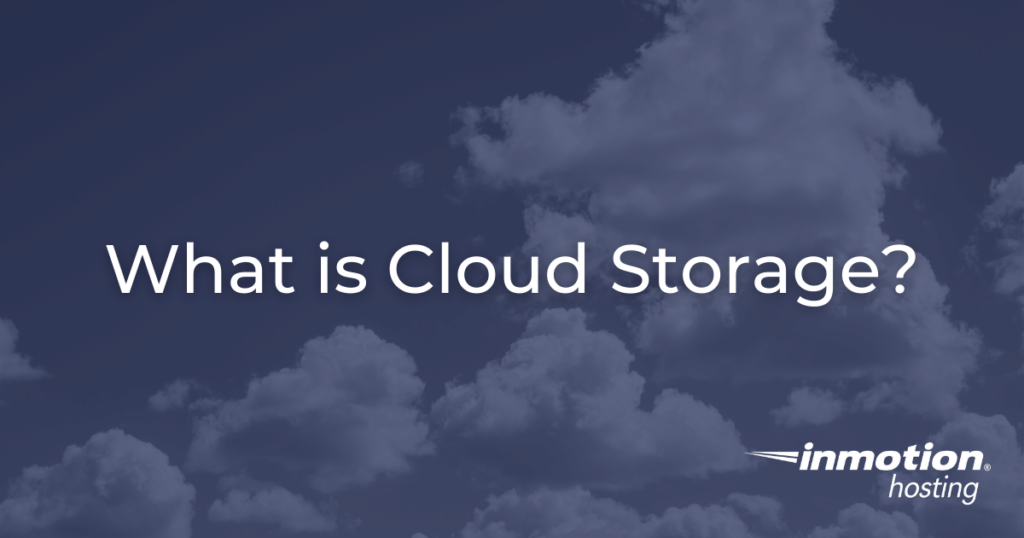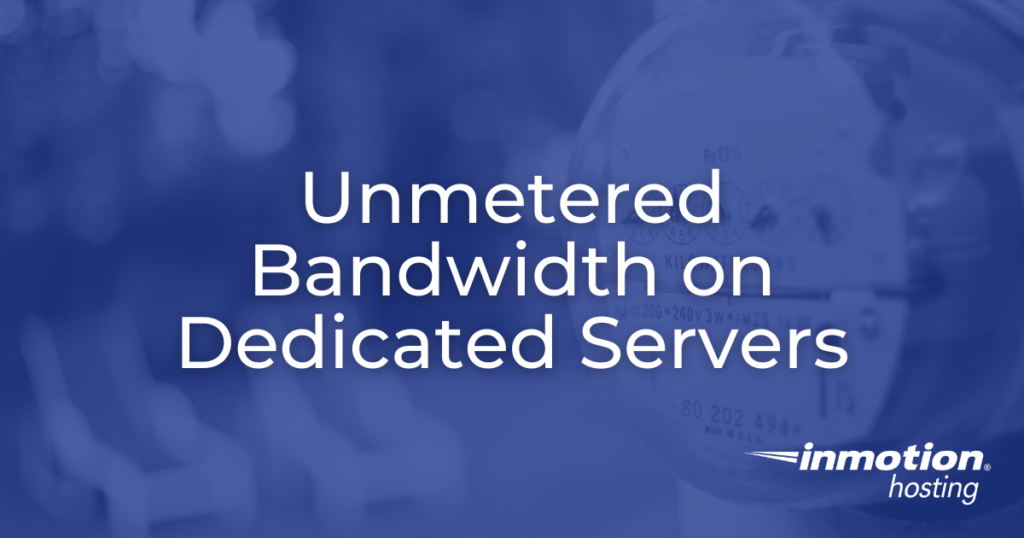
While it is common for web hosting providers to meter network bandwidth, unmetered network bandwidth is an increasingly common feature of modern hosting plans. Unmetered bandwidth allows users to scale up their online operations without worrying about exceeding bandwidth capacity. In this article we will discuss the benefits and specifications of unmetered bandwidth on dedicated servers.
Continue reading –>
